The sugar tax imposed on soft drinks, and suggested for bakery items such as cakes and biscuits, has had little impact on consumer behaviour, Nielsen research has revealed.
Since the implementation of the UK’s sugar tax in April this year, 62% of shoppers claimed to have not changed their consumption in any way and only one-fifth checked sugar content on packages more frequently since it came into effect.
The findings came from a Nielsen survey, which compared the results from respondents prior to the Soft Drinks Industry Levy coming into effect on 6 April 2018 and now.
One in 10 (11%) shoppers claimed they planned to stop drinking sugary soft drinks prior to the tax; this number had fallen to just 1% post-tax. The number of people who said they would continue to buy sugary soft drinks has also grown post-tax, increasing from 31% in February to 44% in June.
This could be good news for the baking industry as experts have previously warned that the tax could extend to food items, such as confectionery, cakes and biscuits – even more so after Nielsen revealed last year that more than half of consumers thought the tax already applied to baked goods.
“Sugar continues to be the number one health concern for the fourth consecutive year and initiatives like the Soft Drinks Industry Levy doubtless contribute to furthering awareness,” said Aylin Ceylan, consumer and shopper partner, Nielsen.
“While we haven’t seen any significant changes in consumer habits, we have seen manufacturers adapt accordingly. The average sugar content has been steadily decreasing in key FMCG categories.”
Many food and drink suppliers are working towards government targets to reduce sugar, but it was announced by Public Health England (PHE) earlier this year that targets had not been hit. On average, sugar was reduced in products by 2% – well below the 5% target for the first year of action versus a baseline set in 2015.






















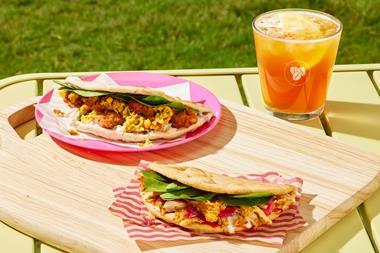

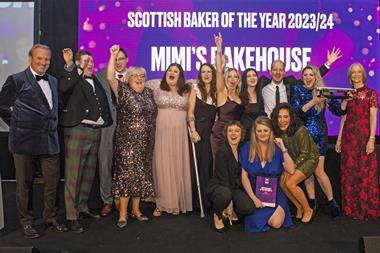
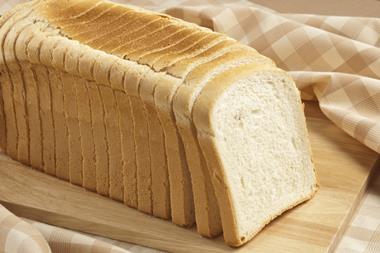

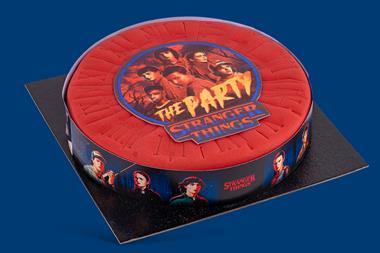
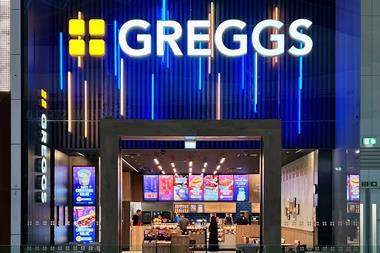
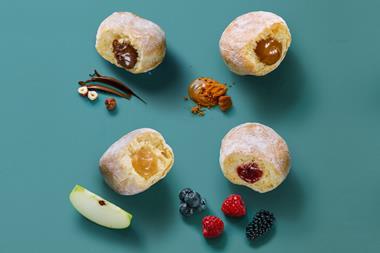
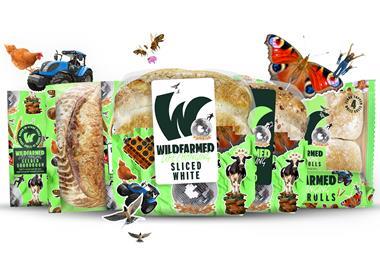
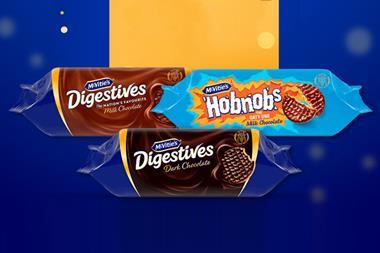
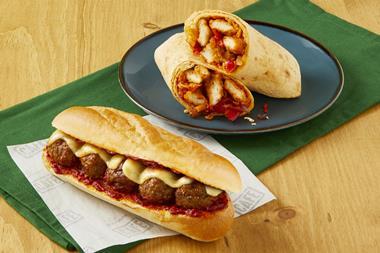
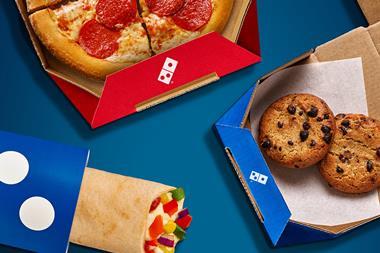

No comments yet